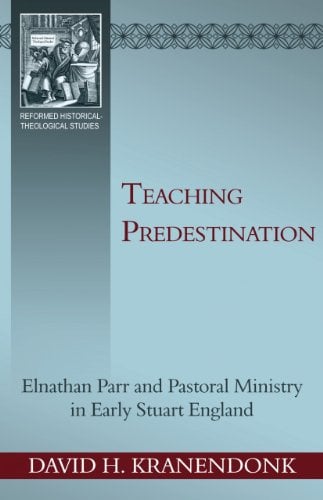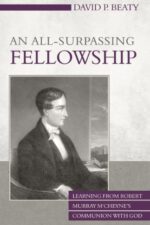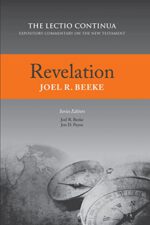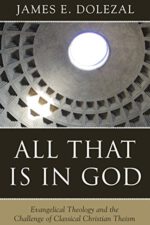Teaching Predestination
 Author(s): David H. Kranendonk
Author(s): David H. KranendonkPublisher: Reformation Heritage Books
Price: $2.99
In ‘Teaching Predestination’, David H. Kranendonk focuses on the ministry of an early seventeenth-century Puritan-leaning theologian, Elnathan Parr (1577–1622). Although relatively unknown today, Parr’s works were popular in his own day. Kranendonk’s survey contributes a nuanced picture of this English Reformed pastor and demonstrates that Parr’s scholastic development of predestination, coupled with his pastoral concern for the salvation and edification of his hearers, resists the caricature of Reformed Scholasticism as being a philosophically speculative system. Here one sees the practical use of predestination for the care of souls as Parr and others aimed to help increase the faith and joy of God’s people.
Table of Contents:
1. Introduction
2. Elnathan Parr’s Life and Ministry
3. Elnathan Parr’s Principles of Preaching
4. Elnathan Parr’s Exposition of Romans
5. Elnathan Parr’s Grounds of Divinity
Conclusion
Author:
David H. Kranendonk is the pastor of the Free Reformed Church of Bornholm, Ontario, Canada.
Endorsement:
“In this careful analysis of the Calvinist preaching and catechesis of Elnathan Parr, David Kranendonk reveals the pastoral significance of the teaching of predestination. He convincingly explains how a forbidding doctrine seemingly based on cold logic could be ‘on the ground’ of parish life a spiritually enriching source of comfort and joy. Kranendonk strengthens his argument by his impressive familiarity with Parr’s contemporaries in practical theology and by his emphasis on the exegetical rather than speculative nature of much Reformed piety and theology in early Stuart England.” — Dewey D. Wallace Jr., professor of religion, George Washington University



